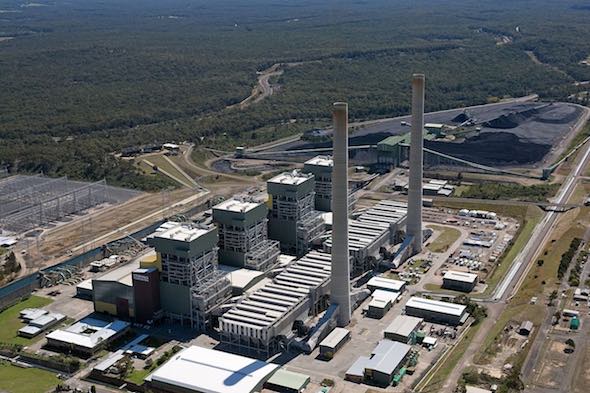The lingering impacts of the Covid-19 pandemic and the record-setting uptake of rooftop solar PV have combined to take another big bite out of Origin Energy’s electricity business.
The company, one of the country’s big three energy “gen-tailers”, released its quarterly report on Friday which reveals a 7 per cent slump in electricity sales over the last fiscal year. In the June quarter alone, retail sales were down 9 per cent and business sales down 11 per cent. Covid-19 and rooftop solar are cited as the main reasons.
Australia’s electricity demand has been less impacted by Covid-19 as other markets in Europe and the US – where demand has fallen by up to 20 per cent. But no other energy market in the world is dealing with the same scale of uptake of rooftop solar, which continues to set records in Australia despite, or perhaps even because of, the Covid-19 impact on working arrangements.
Origin Energy CEO Frank Calabria didn’t make a big deal out of the fall in demand in his brief comments on the report, focusing instead on costs to consumers and their welfare.
“The pandemic has impacted natural gas and electricity demand and some residential and small to medium enterprise customers are facing financial difficulties. Our focus has been on supporting customers, and we have extended our commitments not to disconnect those in financial distress and to waive late payment fees until 30 October,” he said in a statement.
But the growth of rooftop solar and the falling demand from the grid is clearly a top-of-the-mind issue for all big energy utilities, mainly because the power switches, quite literally, from their centralised generation to distributed resources owned by their customers. Ad that in turn demands a switch in their business models from something which has been incredibly profitable to something that they can’t yet define.
Origin has recently made two important initiatives. One is to sign a $500 million deal with UK retailer Octopus Energy, and learn the tricks of the trade that has given Octopus a rapidly dominant position in the market. Origin intends to adopt the “Kraken” platform developed by Octopus and has sent a small team to the UK to learn how it is done.
It has also struck a deal, and an investment, to roll out plug and play batteries with US start-up Orison, rolling out batteries that can supposedly be installed like any other household appliance. Just plug them in. Origin is doing this with the view to also tapping into electric vehicles and their mobile batteries once they become the consumer choice of transport in coming years.
The big impact from this fall in demand and the growth in distributed energy is what to do with the existing big coal generators, which don’t like to have to ramp up and down to cope with variations of demand. Those variations look more dramatic when so much of it is “hidden from the market”, absorbed “behind-the-meter” and on the premises of household and business customers
The recent Quarterly Energy Dynamics report from the Australian Energy Market Operator highlights how Origin’s main coal asset – the huge Eraring generator in NSW (pictured at top) which is now the biggest in the country – is being forced to operate at close to minimum generation levels.
That’s due to a combination of low operational demand – caused by Covid-19 and the growth of rooftop solar – low wholesale prices and increased competition and deplacement from cheaper solar and wind generation, and also from brown coal generators from Victoria.
The generator also suffered more outages which meant its average output fell by the most of any coal generator in the country. AEMO also estimates that Eraring’s units 1, 2 and 3 were operating close to minimum generation 12 per cent of the time this quarter, up from less than 1 per cent in Q2 2019. Those are the sorts of developments that will lead Origin to question how long it will keep all the units operating.
Eraring is currently scheduled to retire in 2032, but there’s no saying it won’t happen earlier – which is another reason why NSW energy minister Matt Kean is so keen to get his new renewable energy zones up and running to provide the necessary wind, solar and storage capacity that will replace the departing coal generators.












